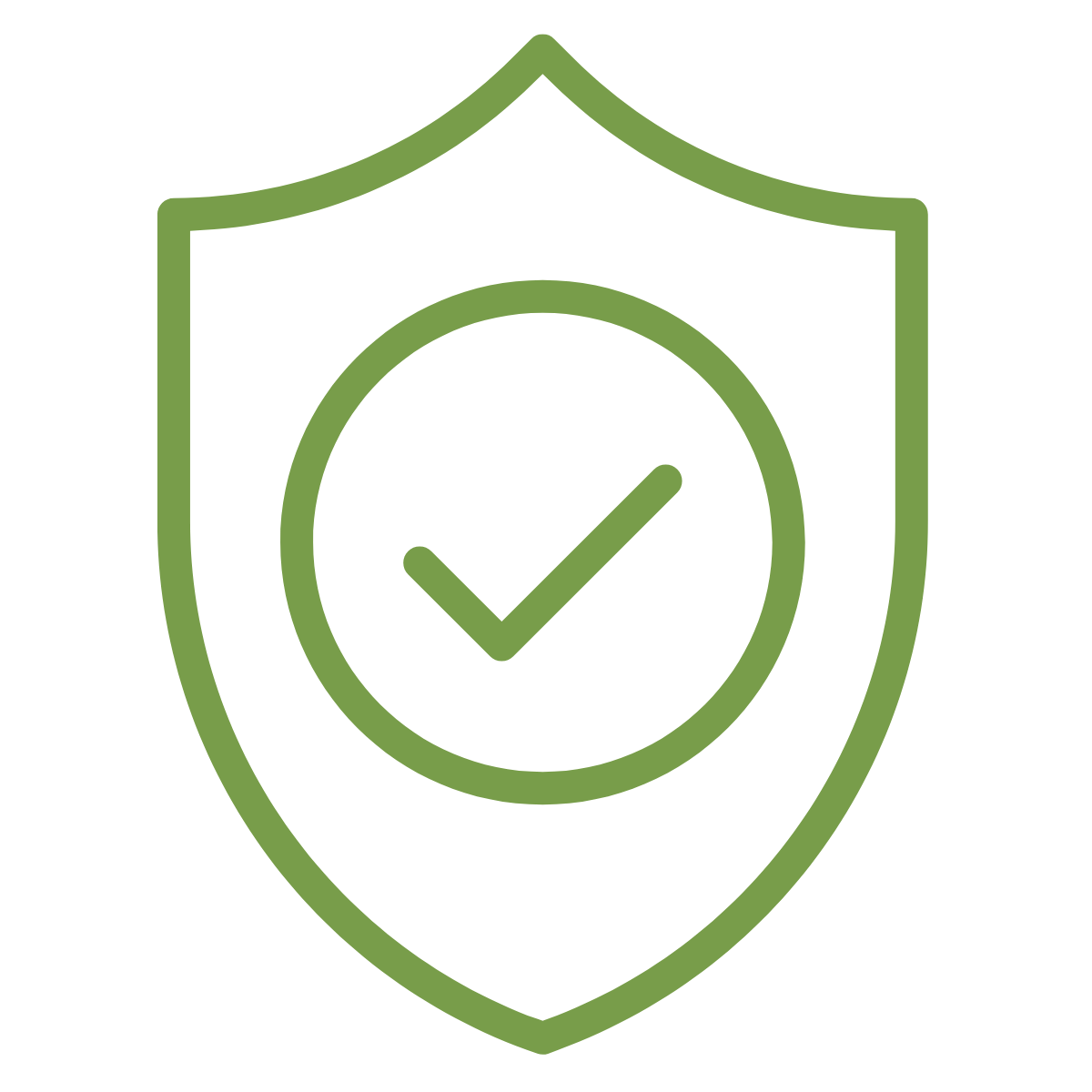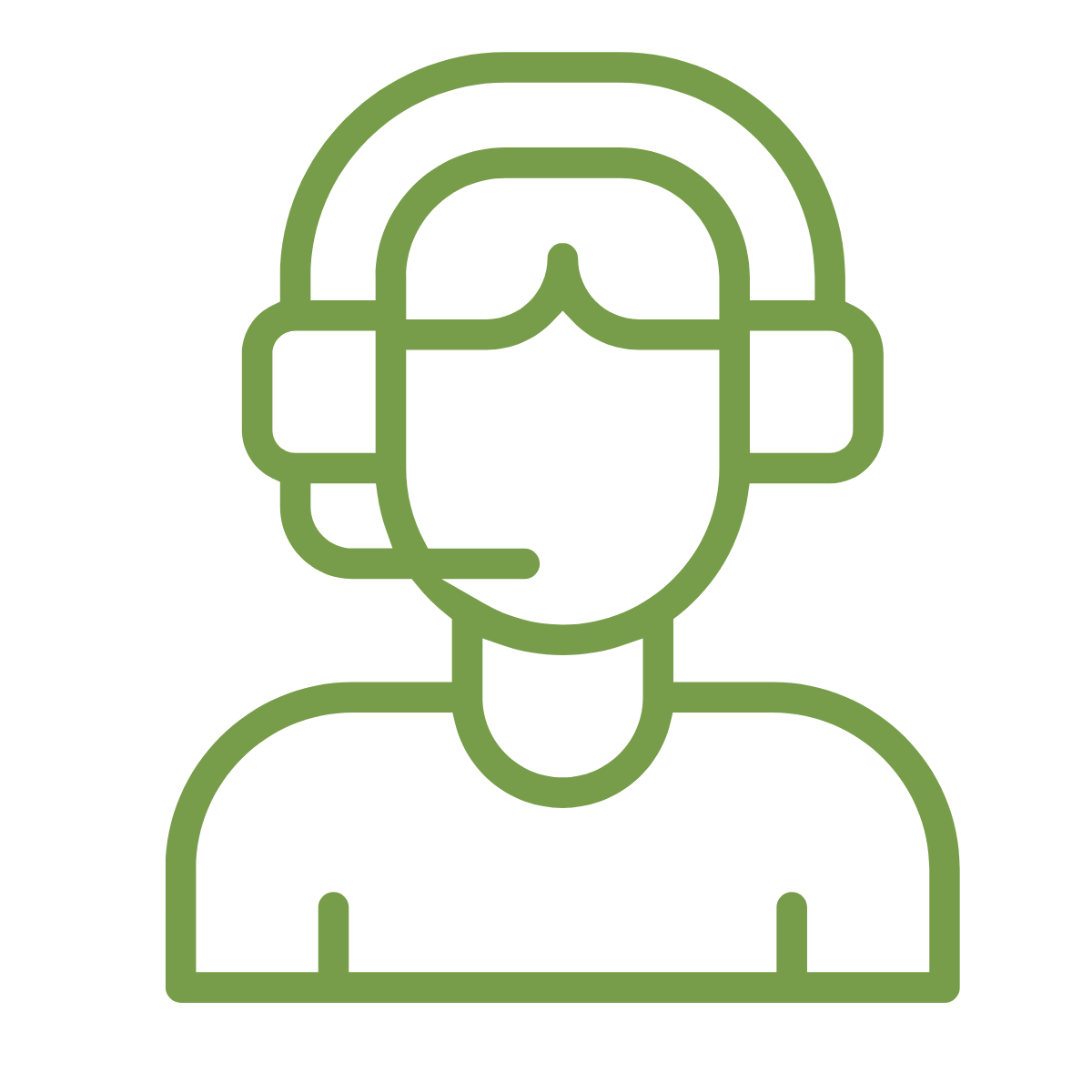A scam or a fraud is any scheme designed to steal your money or your personal information, such as your name, driver’s license, or Social Insurance Number (SIN).
There are many sophisticated frauds and scams in Canada. These can be done online, over the phone, by mail, or in person. Anyone – young or old – can be targeted by fraudsters and scammers.
Identity theft is a serious crime. Your personal information can be used by a fraudster or scammer to make purchases using your account, receive government benefits, apply for loans and credit cards, and more.
We must all be vigilant when it comes to protecting both our money and our personal information.
Remember, if it’s too good to be true….it’s most likely not true.
 TIPS TO HELP PROTECT YOURSELF:
TIPS TO HELP PROTECT YOURSELF:
- Be suspicious of unsolicited calls or emails from anyone asking for your personal information. If you didn’t initiate the call, or you don’t know who you’re talking to, don’t give out information such as your name, address, postcode, birthday, SIN, or credit card or banking information.
- Don’t be afraid to say no or hang up if someone is trying to get you to buy something or send them money right away (even if the money may be for a donation).
- Avoid any offer that sounds too good to be true especially if you did not seek out the product or service.
- Memorize your passwords and Personal Identification Numbers (PIN).
- Don’t share your bank account login details, cards, PINs, or passwords with anyone – not in person, online, over the phone, or in email or text messages.
- Tear or shred your documents containing sensitive information such as credit card or bank statements before putting them in the trash or recycling.
- Review your financial statements monthly for any charges or withdrawals you don’t remember making.
- Keep important identification documents like your birth certificate, SIN information, and passport in a safe place.
- Ask for a copy of your credit report each year and make sure the information is correct.
- Protect your computer by not clicking on any urgent-looking messages that pop-up when you’re browsing online. No legitimate company will call you and claim your computer is infected with a virus and never give anyone remote access to your computer.
 WHAT TO DO IF YOU ARE A VICTIM OF A FRAUD OR A SCAM?
WHAT TO DO IF YOU ARE A VICTIM OF A FRAUD OR A SCAM?
- Contact us and any other financial institution you do your banking with so that the appropriate steps can be taken to protect your accounts.
- Change all of your account passwords.
- Contact your local police and file a report about the fraud or scam.
- Report the fraud or scam to the Canadian Anti-Fraud Centre, toll free at 1-888-495-8501 or through the Fraud Reporting System.
- Get a fraud alert on your credit file by contacting Equifax or TransUnion. This can help prevent fraudsters from taking out a loan or credit card in your name.
- Contact other organizations and government agencies as necessary. If your personal information such as your Social Insurance Number (SIN) has been stolen, you should contact the Canada Revenue Agency and visit a Service Canada Centre.
 COMMON FRAUDS AND SCAMS:
COMMON FRAUDS AND SCAMS:
- Email, text, or voice phishing – ‘phishing’ is the term used when fraudsters send you emails, messages or phone calls to trick you into revealing personal information. Sometimes, this may even involve the fraudster asking you to send money. This type of scam can take many different forms although often fraudsters will pretend to be from a government agency or trusted company. Watch out for urgent requests to update your information or validate your information online. Reputable organizations will never ask for your personal information through email or text.
- CRA Scam – you should be vigilant if you receive any communication from someone that claims to be from the Canada Revenue Agency. A common CRA scam is where the fraudster insists your personal information is needed so you can receive a refund, or they say there is a problem with your taxes and you owe money. If you receive a call like this from the CRA or something doesn’t feel right, hang up. The CRA will never demand immediate payment by Interac e-transfer or prepaid credit cards, use aggressive language or threaten you with arrest, or ask for information about your passport, health card, or driver’s licence.
- Charity Scams – this is where a fraudster calls you asking for a donation for a charity. Charity scams occur year-round but are particularly prevalent during the holidays season and following a real disaster such as local fires or floods. These scams can be tricky to spot especially when the fraudsters present themselves as being from a genuine and well-known charity. Don’t feel pressured into making a donation on the spot, a legitimate charity will welcome your donation whenever you choose to make it. If you want to support a particular charity, consider contacting the organization directly to make your donation.
- Advance Payment Lottery Scams – these scams work by asking you to pay some sort of fee in order to claim your prize or winnings from a competition or lottery. Anyone who calls or emails you to say you have won a lottery or a free trip is likely a fraudster. If you receive an email claiming you have won a prize or a lottery, don’t click on any links or attachments as these might contain viruses.
- Romance Scams – this is when a fraudster targets you online, often it can be through social networking platforms or online dating sites. Over time they earn your trust and then trick you into sending them money, such as, an urgent family or medical expense, or as travel money so they can come meet you in person. Many people have fallen victim to these types of scams and they can be very elaborate. The bottom line is never send money or gifts to someone you don’t know.
Further information about common scams and how you can protect yourself, can be found on the Government of Canada’s website here.


